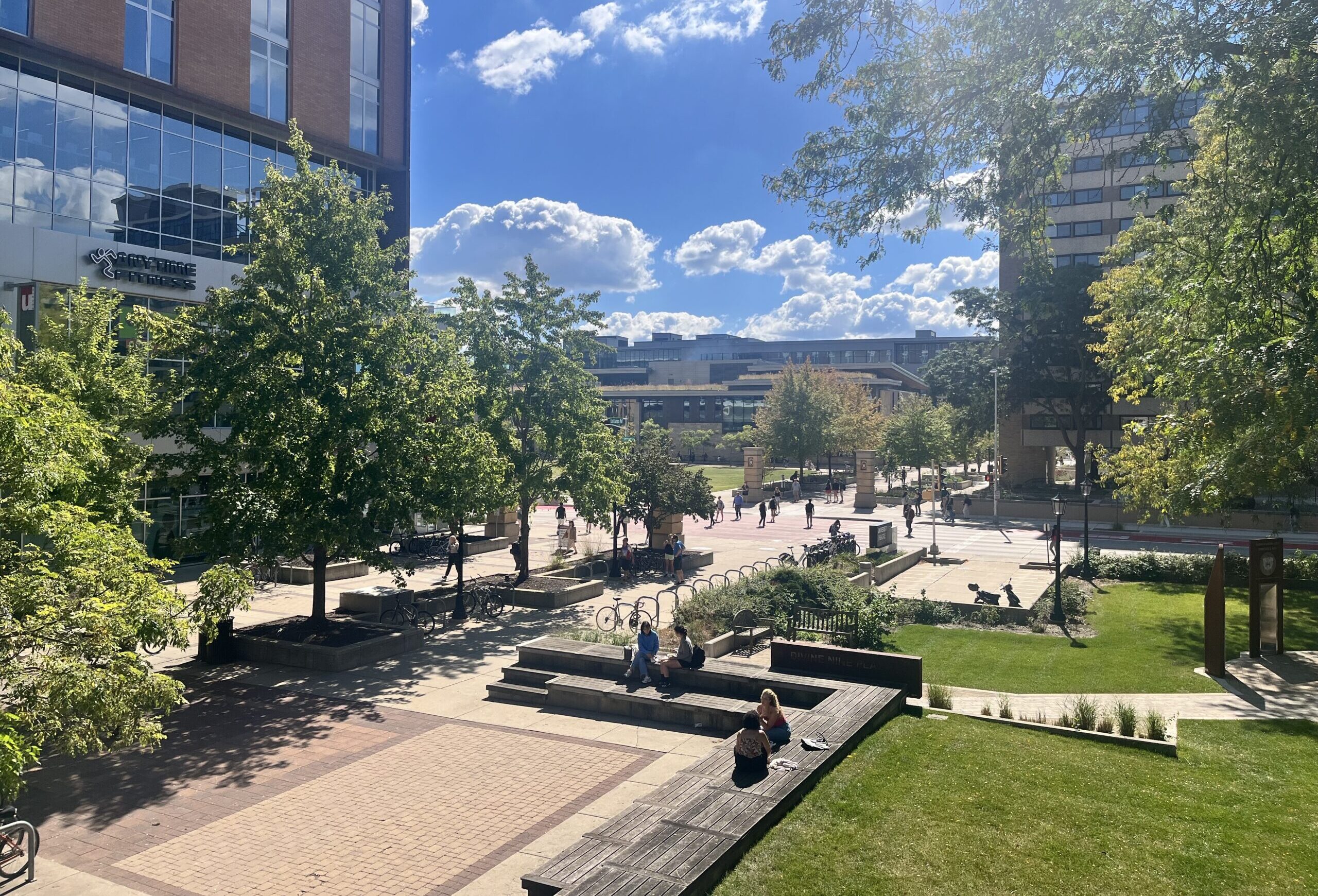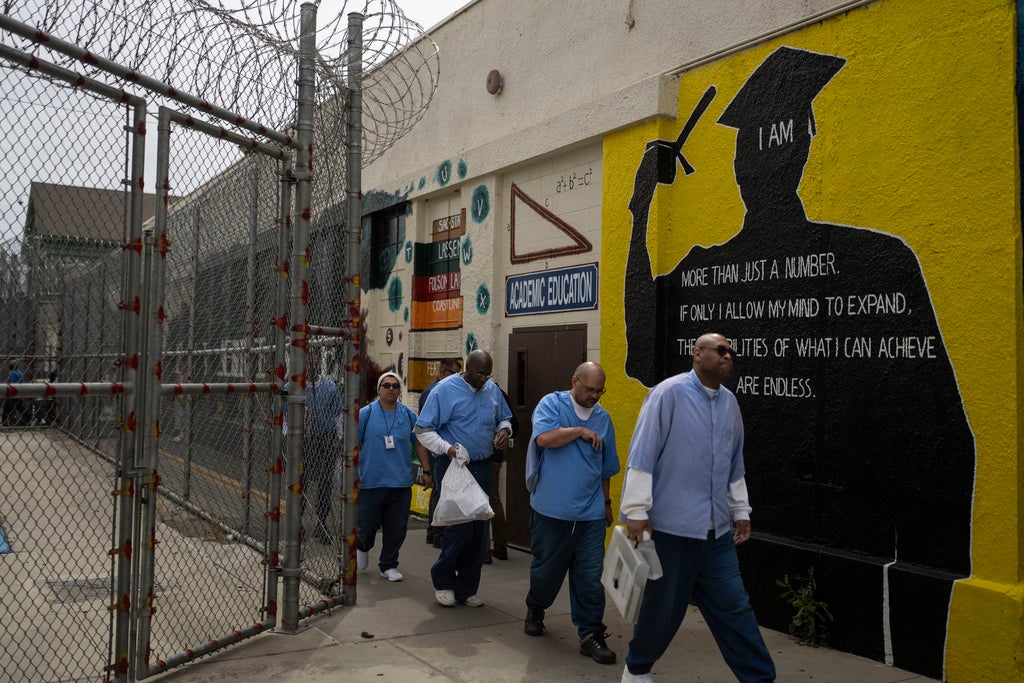After the Wisconsin Department of Natural Resources secretary said that a law on high capacity wells would be helpful to settle long-standing legal battles, we look at ongoing debates over regulating high capacity wells. The honeybee population has dropped drastically in recent years, with one Wisconsin species recently being declared endangered. The author of a book on the topic joins us to discuss the science and politics behind the bee crisis. Plus, a look at economic challenges facing millennials.
Featured in this Show
-
New Legislative Session Brings Hopes For Law On High Capacity Wells
Department of Natural Resources Secretary Cathy Stepp said that it would be helpful if a new law was passed on high capacity wells in the new legislative to settle long-standing legal battles over the issue. We talk about continuting debates between lawmakers over high capacity wells, as well as concerns from the agricultural sector and conservationists.
-
The Science, Politics, And Biology Of The Bee Crisis
As a bee found in Wisconsin is declared endangered, our guest looks at the science and politics behind our country’s vanishing bees.
-
Report: Millennials Financial Health Worse Than Boomers At Same Age
Today’s young adults have lower wages, fewer assets, and are less likely to own homes than their parents did at the same, according to a new report. The report’s author joins the show for a look at the economic challenges facing millennials–and possible solutions.
-
Is College Still Worth The Investment?
Among the issues Michelle Obama targeted during her tenure as first lady, improving access to higher education was at the top of the docket. Her Reach Higher initiative was meant to inspire every American to pursue some sort education beyond a high school diploma.
And the efforts seemed to have worked. Young adults in America today are more likely to have some sort of post-secondary education than any previous generation.
However, they are also more likely to be in debt, have less financial assets and are less likely to own a home, according to a new report published by the national nonprofit, Young Invincibles.
“I think about just how important a college education is, but then unfortunately just how expensive it is and how it really is holding today’s young people back from being able to make some of these larger purchases and build assets more generally,” said Tom Allison, deputy director of policy and research at Young Invincibles.
The report, “Financial Health of Young America: Measuring Generational Declines Between Baby Boomers & Millennials,” found young adults between 25-34 years old are worse off financially than their parents were at the same age about three decades ago.
Among the most “alarming facts” the study found, was that a college graduate today is making less in inflation-adjusted dollars than a 1989 high school graduate, Allison said. Which, he said, leads to an obvious question for many young people he works with: Is college still worth it?
For Allison, the answer is still yes.
Because even though a college education is an investment that can lead to large amount of debt, people with a college degree still see more financial security in the long run, Allison said.
“We certainly encourage everyone, if you’re interested, to pursue some sort of post-secondary education or training,” Allison said. “It doesn’t have to be a four-year degree. It can be a two-year degree or a vocational certificate.”
Even though there are some larger trends like globalization, automation and technology that are impacting everyone in the workforce, Allison said Young Invincibles — described on its website as a “research and advocacy organization dedicated to expanding economic opportunities for young adults” — wanted to focus the research on the aspects that make millennials different.
“I think there’s an intersection here between college never being more important — employers are demanding post-secondary skills and training — but at the same time, because of a lot of state divestment from higher education, that essential education that is the best pathway to financial security is more expensive than ever and requires a lot of student debt just to get started,” he said.
Allison said most recent college graduates start out $30,000 in the hole in student debt. That results in hefty monthly payments, which take away from their ability to save for retirement or a down payment on a house.
State divestment in higher education is something people in Wisconsin know well. In his last budget, Gov. Scott Walker cut $250 million in funding from the University of Wisconsin System.
Now, Walker says he plans to cut tuition for all in-state students, which he said will not impact the amount of money given to the UW campuses. The UW System has requested a $42.5 million funding increase in the upcoming budget.
Allison said Wisconsin’s support for public higher education — or lack thereof — is among the worst nationwide. In an annual rating of state support for higher education, Young Invincibles gave Wisconsin a “D.”
In order to improve the current financial outlook for young adults, Allison said state’s need to reinvest in public higher education systems.
In addition, Allison said political activism on the part of millennials — whether it be casting a vote or running for office — is important to see policy changes that will make things better for young adults in America.
“This generation is going to be the future leaders,” he said. “The new administration and Congress will have to look at these (problems).”
Episode Credits
- Rob Ferrett Host
- Veronica Rueckert Host
- Haleema Shah Producer
- Veronica Rueckert Producer
- Rob Ferrett Producer
- Tom Allison Producer
- Dee Hall Guest
- Daniel Lee Kleinman Guest
- Tom Allison Guest
Wisconsin Public Radio, © Copyright 2025, Board of Regents of the University of Wisconsin System and Wisconsin Educational Communications Board.



